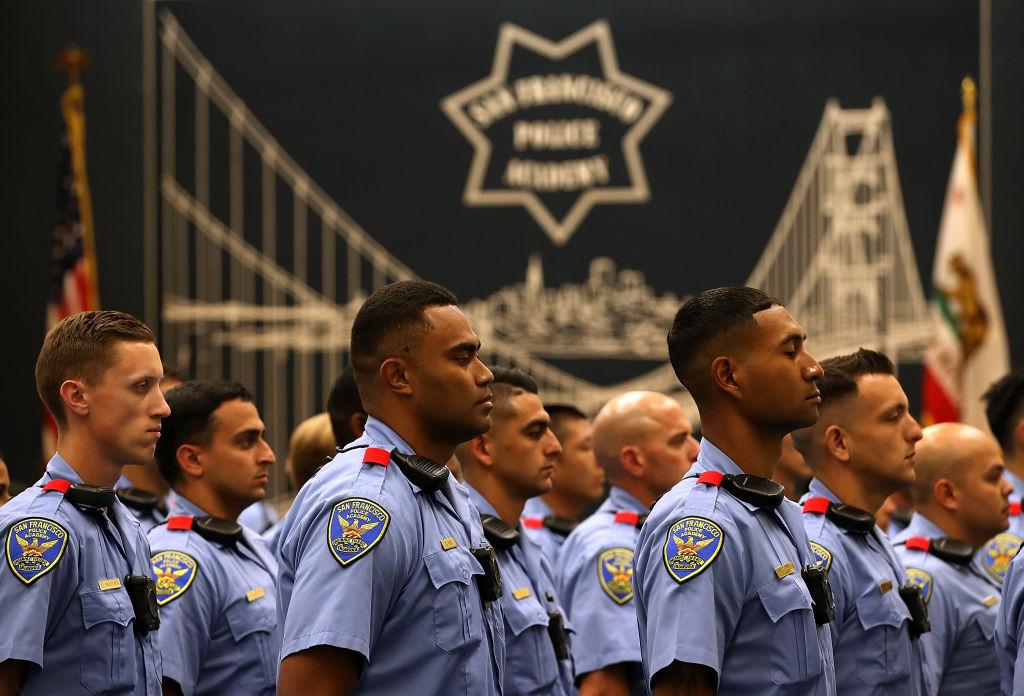Retired police officer A.J. Gillinger, 51, talked his son out of following in his footsteps.
“You’re out of your mind,” he told him. “Why would you take up this job right now when it’s so disrespected? It’s just being attacked on every level.”

Retired police officer A.J. Gillinger, 51, talked his son out of following in his footsteps.
“You’re out of your mind,” he told him. “Why would you take up this job right now when it’s so disrespected? It’s just being attacked on every level.”